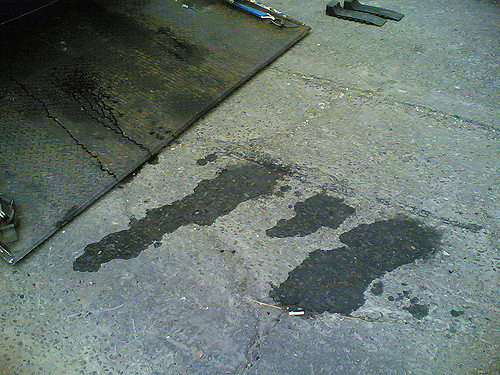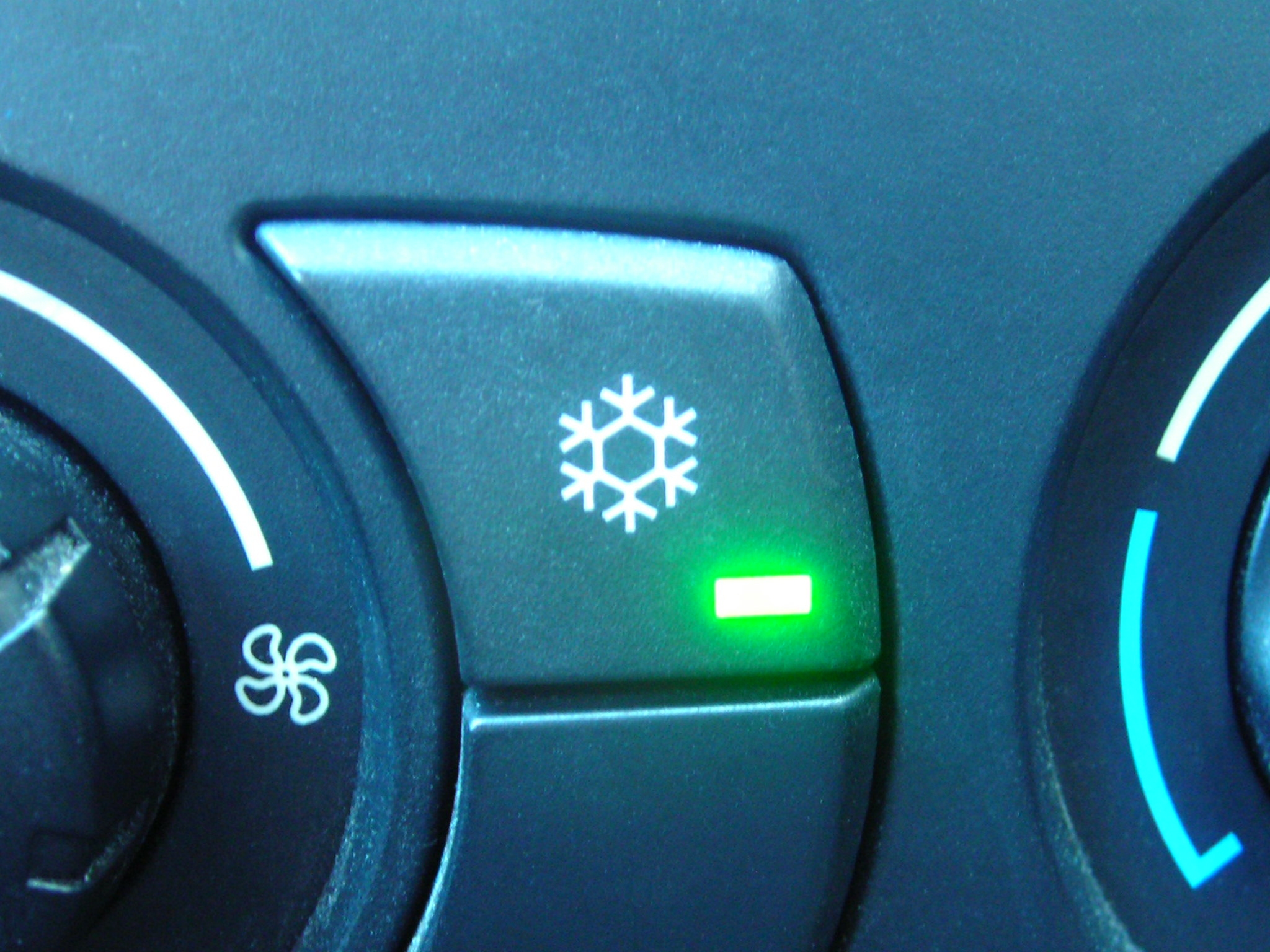Posted on 5/25/2017

So you got a new set of wheels – congratulations! You’re going to want to hang onto it as long as possible, so you’ll want to keep it maintained as well as you can. Here are some suggestions:First, read the owner’s manual carefully and stick to manufacturer’s recommendations for service intervals. There are certain things that are critical enough that failure to adhere to recommendations can void a new car warranty. Don’t let that happen!For instance, just about every manufacturer recommends synthetic oil for their engines; it provides better protection in just about every respect, and it’s more stable at high and low temperatures. If your owner’s manual prescribes a 10,000-mile oil change, stick with that and be sure to use the brand and grade of motor oil called for in the manual.Apply a good coat of wax to your vehicle, and another one on top of that. A properly waxed vehicle does more than just look good, it helps repel grit and grime ... read more
Posted on 3/30/2017

So you come out to start your car one morning and the Check Engine light on the dashboard comes on…and doesn’t go back off again. You can’t really notice any difference in the way the car runs and drives, but it’s on anyway.What does it mean?Since the late 80s, most engine functions have been controlled by a central drivetrain computer. This includes emissions controls, fuel metering and delivery, ignition timing, shift points and many other elements of drivability and performance. The drivetrain computer relies on information from a chain of sensors that monitor exhaust composition, camshaft position, throttle position and many other factors.The voltage readings from any of these sensors are supposed to fall within a certain range. When these readings are out of normal parameters, the drivetrain computer stores a trouble code and illuminates the Check Engine light (also known as a Malfunction Indicator Lamp or MIL). Some problems on some makes may take several ... read more
Posted on 7/14/2016

You go out to your car, start it up, pull out of your parking space and see a puddle of...something...where you were parked a moment ago. This is never a good feeling. What could it be? Fortunately, some automotive fluids are dyed different colors to make this a little easier to narrow down. Does it appear to be water? Were you recently running your A/C? Chances are that's just condensation from the A/C system, which drips out through a rubber tube and is perfectly normal. No worries there. For years, antifreeze was dyed a bright green to make it easy to identify. Today, other antifreeze formulations can be colored pink or orange, but it's still not hard to figure out -- antifreeze has a sweet-ish, unmistakable smell due to its ethylene glycol content.Gasoline is a pale yellowish or orange color, and also has a distinct smell that you'll recognize right away. Gasoline evaporates quickly and may feel cool on your finger if you dip it into the puddle. It's also, of course ... read more
Posted on 6/30/2016

Believe it or not, the A/C system in your vehicle is fairly simple in principle and design. Like your refrigerator, it operates on a cycle of compression and expansion of a gas, known as refrigerant. The compressor turns the gas into a liquid, and as the gas evaporates it provides cooling. Like your refrigerator, its main components are: Compressor Condenser Receiver/dryer Thermostatic expansion valve Evaporator Refrigerant Blower The good news is most automotive A/C systems have become very robust and reliable compared to cars from a generation ago. Most of the time, poor performance is due to low refrigerant levels due to leaks in the system around the O-rings, gaskets, seals, and lines (which can all dry out and shrink). Low refrigerant can mean other problems though. Since refrigerant contains oil which lubricates the compressor, low levels of refrigerant can mean an overheated compressor sending tiny shards of metal through the rest of the system to wreak havoc ... read more
Posted on 3/17/2016

Often, drivers are mystified by how their cars actually work. It’s to be expected. Even an older car is a complex machine with many sub-assemblies that all work together to move it down the road.As a result, drivers tend to be a little intimidated by auto repair and often tend to not inform themselves by asking the necessary questions of a tech or a garage. Too often, that ends up being a big mistake. Here are some examples of the kinds of things you really should know before any auto repair work starts: Does your shop work on any kind of vehicle? Of course, most shops can service a product from GM, Ford, Chrysler, Nissan, Toyota and the other leading makes. Some makes, however, require a lot more training and experience, or even factory certifications. Vehicles from Mercedes-Benz, Volvo, BMW and certain other makes often require specialized tools and training; that’s why many towns have repair shops that are for specific makes of vehicles. What kind of equipment does your ... read more